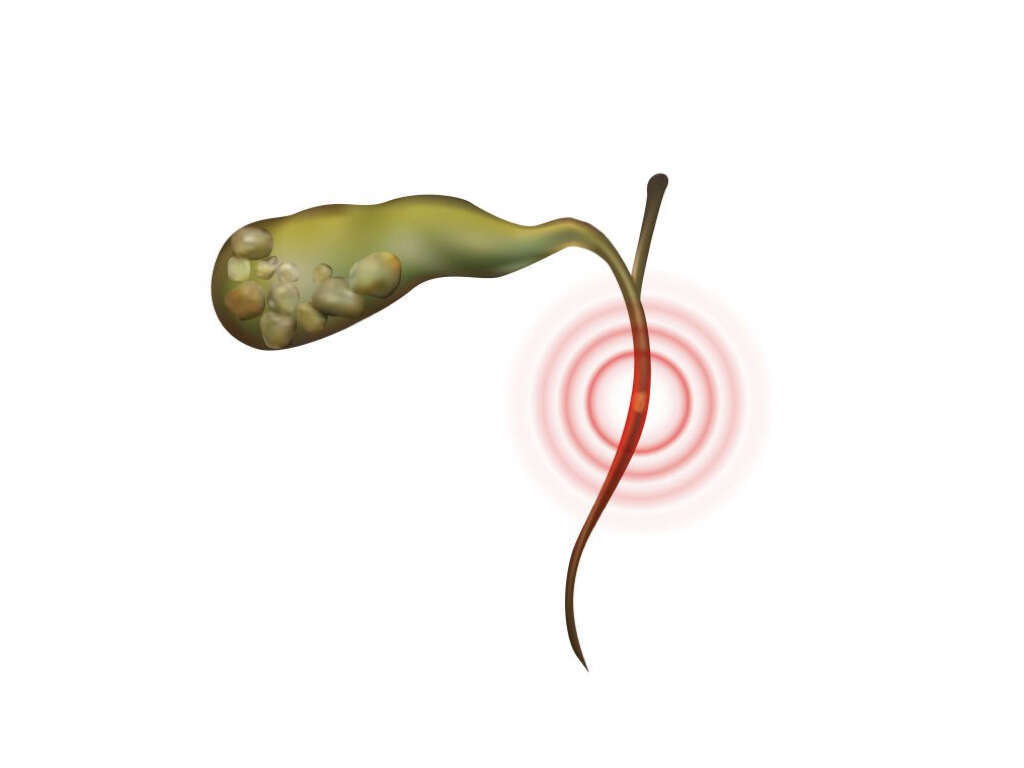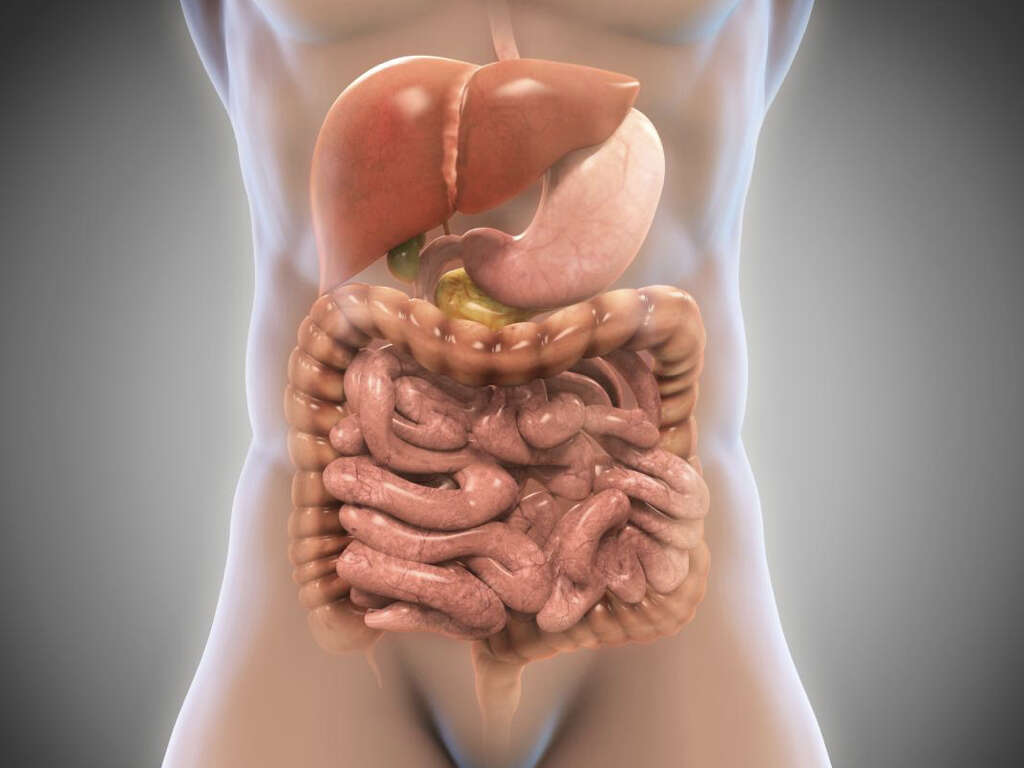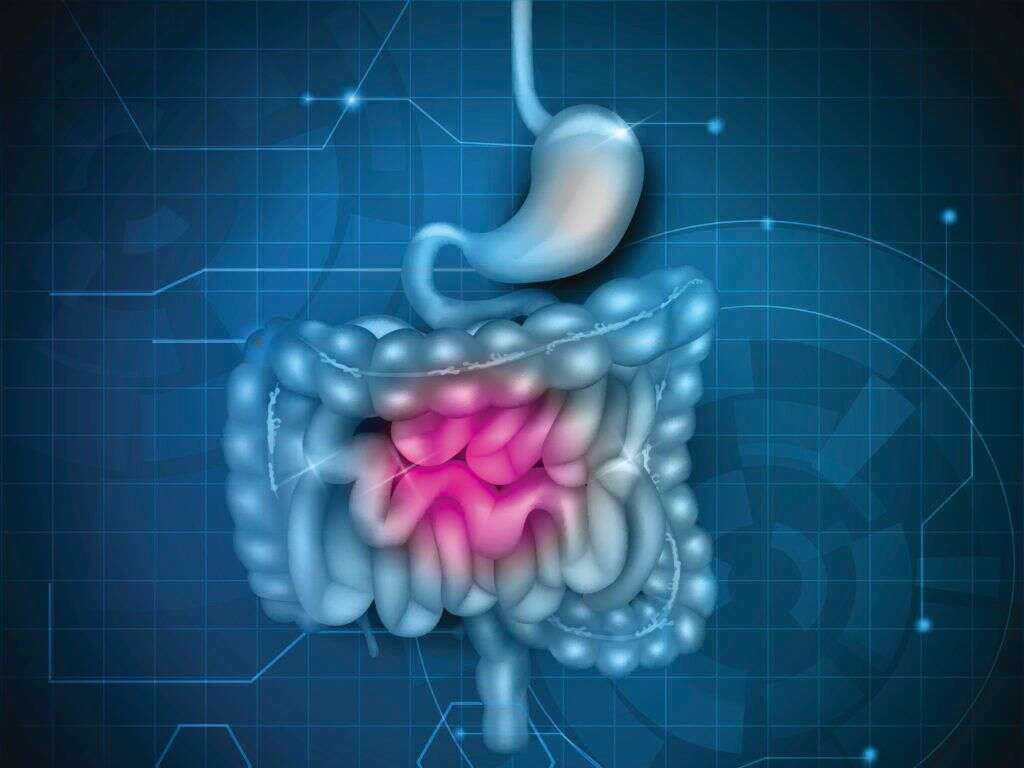High Liver Enzymes Symptoms, Causes & More
 Article Sources
Article Sources
- 1. ’Elevated Liver Enzymes.’ Mayo Clinic. www.mayoclinic.org/symptoms/elevated-liver-enzymes/basics/definition/sym-20050830
- 2. ’Elevated Liver Enzymes.’ American Family Physician. 2011 Nov 1. www.aafp.org/afp/2011/1101/p1010.html
- 3. ’What are Elevated Liver Enzymes in Children?’ Nationwide Children’s Hospital. www.nationwidechildrens.org/conditions/elevated-liver-enzymes
- 4. ’Liver Disease.’ Mayo Clinic. www.mayoclinic.org/diseases-conditions/liver-problems/symptoms-causes/syc-20374502
- 5. Vettor R; Angeli P. ‘Abnormal liver function tests predict transfer to intensive care unit and death in COVID-19,’ Liver International. October 2020
- 6. ’Acute Liver Failure.’ Cedars-Sinai Health Center. cedars-sinai.org/health-library/diseases-and-conditions/a/acute-liver-failure.html
The liver is an organ located beneath the ribs on the right side of the body. It aids digestion and elimination of certain toxic substances in the bloodstream.
Enzymes living in the liver's cells act as catalysts in the liver's breakdown of toxins in the blood. If something, such as certain viruses, causes injury to the liver cells, they spill their enzymes over into the bloodstream. The spilled enzymes are detectable in blood tests, appearing as high liver enzyme levels. This may be temporary or may indicate serious problems needing treatment.
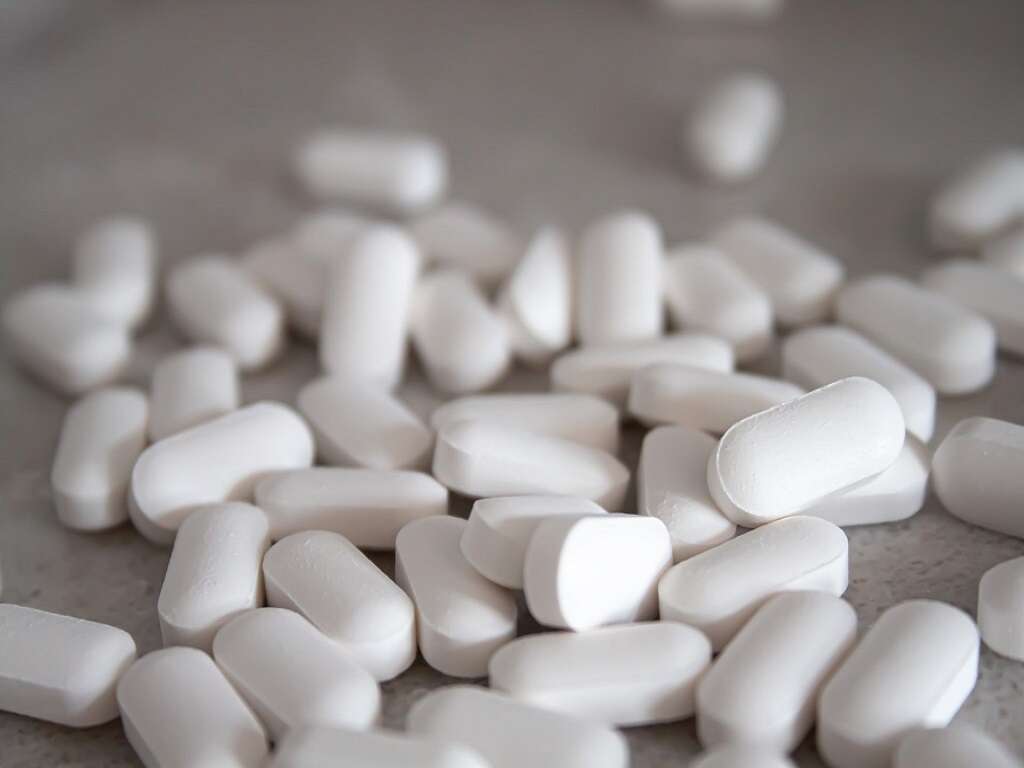
1. What Do Elevated Liver Enzyme Levels Mean?
High liver enzyme levels are relatively common and usually detected in reports from routine blood work. Often temporary, elevated liver enzyme levels may rebalance themselves over two to four weeks if the underlying cause is resolved.2’Elevated Liver Enzymes.’ American Family Physician. 2011 Nov 1. www.aafp.org/afp/2011/1101/p1010.html Typically, a primary care provider repeats the blood tests after a month to see if the liver enzyme levels have returned to normal.
When liver enzyme levels are elevated, it likely means the liver has sustained damage due to factors, such as infection or toxic substances. While high liver enzyme levels sometimes indicate a serious problem that needs attention, milder levels are more common.1’Elevated Liver Enzymes.’ Mayo Clinic. www.mayoclinic.org/symptoms/elevated-liver-enzymes/basics/definition/sym-20050830

2. High Liver Enzyme Symptoms
With mildly elevated liver enzyme levels, the symptoms in adults are minimal or nonexistent.2’Elevated Liver Enzymes.’ American Family Physician. 2011 Nov 1. www.aafp.org/afp/2011/1101/p1010.html If the underlying cause of enzyme release has its own set of symptoms, those may appear along with a higher enzyme presence in blood.
Adults and children may have symptoms from potential underlying causes, such as infection or nonalcoholic cirrhosis. The symptoms may include evidence of liver damage, such as yellowed skin and eyes, clay-colored stools, joint pain or swelling, and clotting problems.3’What are Elevated Liver Enzymes in Children?’ Nationwide Children’s Hospital. www.nationwidechildrens.org/conditions/elevated-liver-enzymes

3. Causes of High Liver Enzymes in Adults
There are many causes of high liver enzyme levels in adults. Heart failure, hepatitis A, B or C and nonalcoholic fatty liver disease are a few. People with obesity may have high liver enzyme levels, and certain medications, such as acetaminophen and statins, can also cause elevated liver enzyme levels.1’Elevated Liver Enzymes.’ Mayo Clinic. www.mayoclinic.org/symptoms/elevated-liver-enzymes/basics/definition/sym-20050830
Alcoholic hepatitis and cirrhosis, autoimmune hepatitis, celiac disease and viruses that cause Epstein Barr syndrome and mononucleosis are among some of the less common culprits causing high liver enzyme levels.1’Elevated Liver Enzymes.’ Mayo Clinic. www.mayoclinic.org/symptoms/elevated-liver-enzymes/basics/definition/sym-20050830
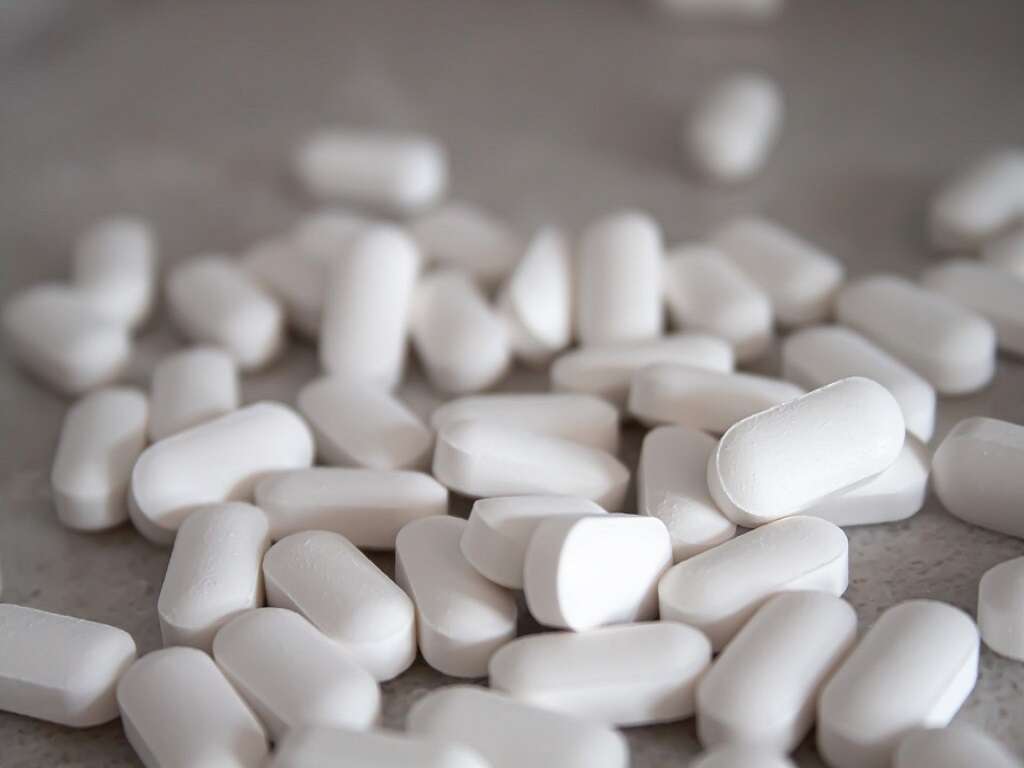
4. Causes of Elevated Liver Enzymes in Children
Viral infections, such as the common cold and Epstein Barr virus, may cause high liver enzyme levels in children. Other causes can include drugs for attention deficit hyperactivity disorder, such as atomoxetine, as well as anticonvulsant medications and antibiotics, such as erythromycin or minocycline.3’What are Elevated Liver Enzymes in Children?’ Nationwide Children’s Hospital. www.nationwidechildrens.org/conditions/elevated-liver-enzymes
Less common causes in children include bile duct disease, pancreatitis and genetic disorders leading to an enlarged liver and spleen. Too much iron or copper in the blood may cause elevated liver enzyme levels, too.3’What are Elevated Liver Enzymes in Children?’ Nationwide Children’s Hospital. www.nationwidechildrens.org/conditions/elevated-liver-enzymes

5. Treatment for High Liver Enzyme Levels
If elevated liver enzyme levels don't normalize on their own, treating the underlying cause is often helpful. People with celiac disease must cut wheat gluten from their diets. Those with nonalcoholic fatty liver disease must lose weight, and health care providers can treat autoimmune hepatitis with steroids.
There's no treatment for children with genetic disorders causing high liver enzyme levels except to treat the symptoms. Viral infections may respond to antiviral medication.

6. When To See a Specialist
When elevated liver enzyme levels don't resolve after a few weeks, a specialist known as a hepatologist may investigate further to discover more details. The hepatologist may order additional tests, including a blood test for alkaline phosphatase, bilirubin and albumin levels.
If further studies are needed, a CT scan and MRI provide visual information about the liver's structures. For severe cases, a liver biopsy may be performed under anesthesia to rule out other causes.3’What are Elevated Liver Enzymes in Children?’ Nationwide Children’s Hospital. www.nationwidechildrens.org/conditions/elevated-liver-enzymes
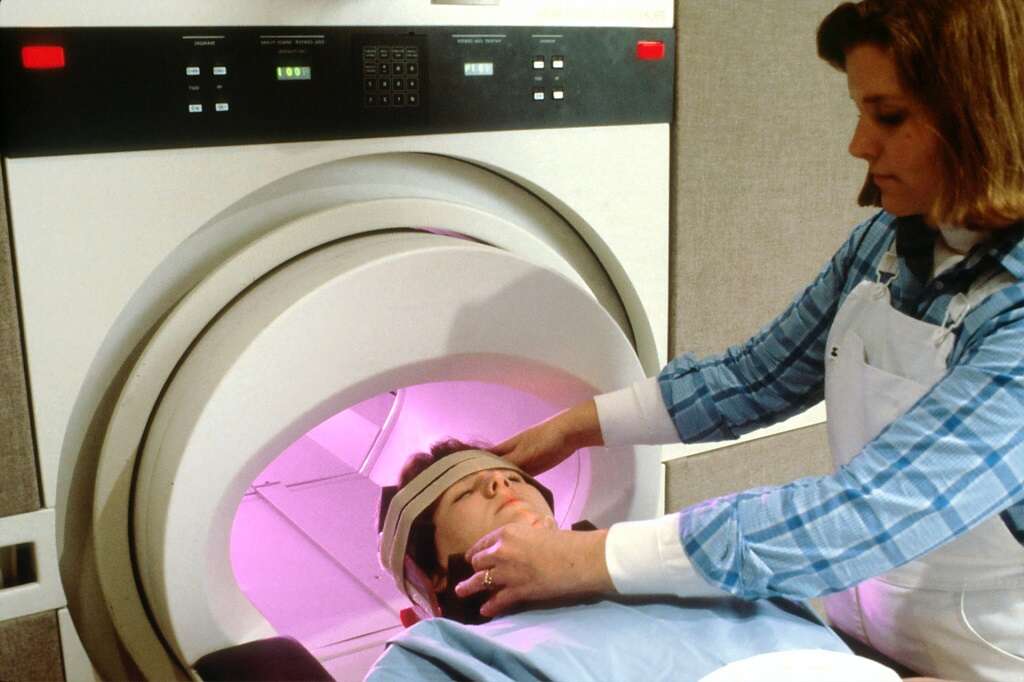
7. Complications of High Liver Enzyme Levels
If the underlying cause of high liver enzyme levels isn't treated, more serious symptoms can occur, including severe jaundice, itching, black or bloody stools, and cirrhosis or scarring of the liver. Clotting may take longer, and the abdomen may enlarge with fluid.3’What are Elevated Liver Enzymes in Children?’ Nationwide Children’s Hospital. www.nationwidechildrens.org/conditions/elevated-liver-enzymes
Elevated liver enzyme levels may affect concurrent illnesses, such as Covid-19, complicating treatment protocols and resulting in higher mortality rates because of liver failure. They may be associated with inflammation throughout the body, failure of other organs and death.5Vettor R; Angeli P. ‘Abnormal liver function tests predict transfer to intensive care unit and death in COVID-19,’ Liver International. October 2020

8. Lifestyle Factors & Liver Enzymes
Several lifestyle factors may prevent or improve elevated liver enzyme levels. Lowering or stopping alcohol consumption may prevent alcoholic hepatitis and cirrhosis. Avoidance of over-the-counter pain medications, such as acetaminophen, may lower enzyme levels by decreasing the toxic load on the liver.
Obesity is a known factor in elevated liver enzyme levels, and losing weight is a change that may be beneficial. Statins can cause high liver enzyme levels, and the physician balances their usefulness with their side effects.

9. Acute Liver Failure
Delay in finding the causes of high liver enzyme levels and implementing treatment can lead to liver failure. Acute failure occurs when the liver incurs extensive scarring and damage, resulting in extremely elevated levels of liver enzymes AST and ALT.
Symptoms of acute liver failure include nausea and diarrhea, discomfort on the right side of the abdomen just under the rib cage's edge, loss of appetite and fatigue. Most cases of acute liver failure are caused by exceeding the recommended dosage of acetaminophen.6’Acute Liver Failure.’ Cedars-Sinai Health Center. cedars-sinai.org/health-library/diseases-and-conditions/a/acute-liver-failure.html

10. Summary
While high liver enzyme levels revealed on a blood test need to be noted, they may be temporary and resolve on their own in two to four weeks. Causes include inflammation or damage to the liver from viral diseases, certain medications or lack of sufficient blood flow to the liver.
Symptoms may include yellowing skin, rashes and itching. Severely elevated liver enzyme levels may lead to complications, such as bleeding, vomiting, joint pain or swelling. Treating the underlying cause helps normalize liver enzyme levels.



